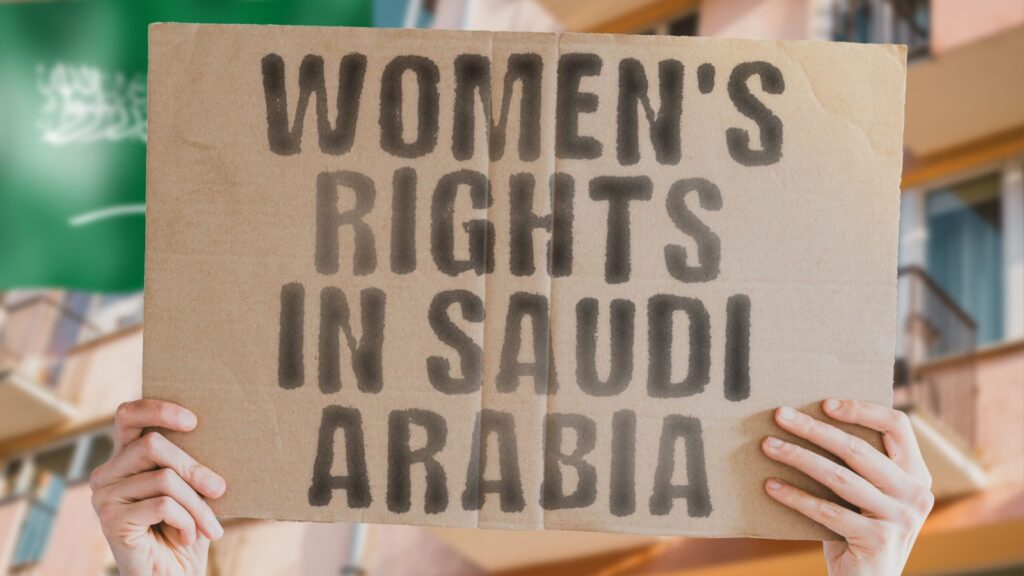Canada may not wield the same military might or economic muscle as global superpowers, but when it comes to diplomacy, it has punched well above its weight. Whether easing Cold War tensions, brokering critical peace deals, or standing firm in the face of global pressure, Canadian diplomats have a history of outmaneuvering larger nations with tact, humility, and smarts. Here are 23 times Canada’s diplomacy outclassed superpowers:
The Suez Crisis Solution (1956)
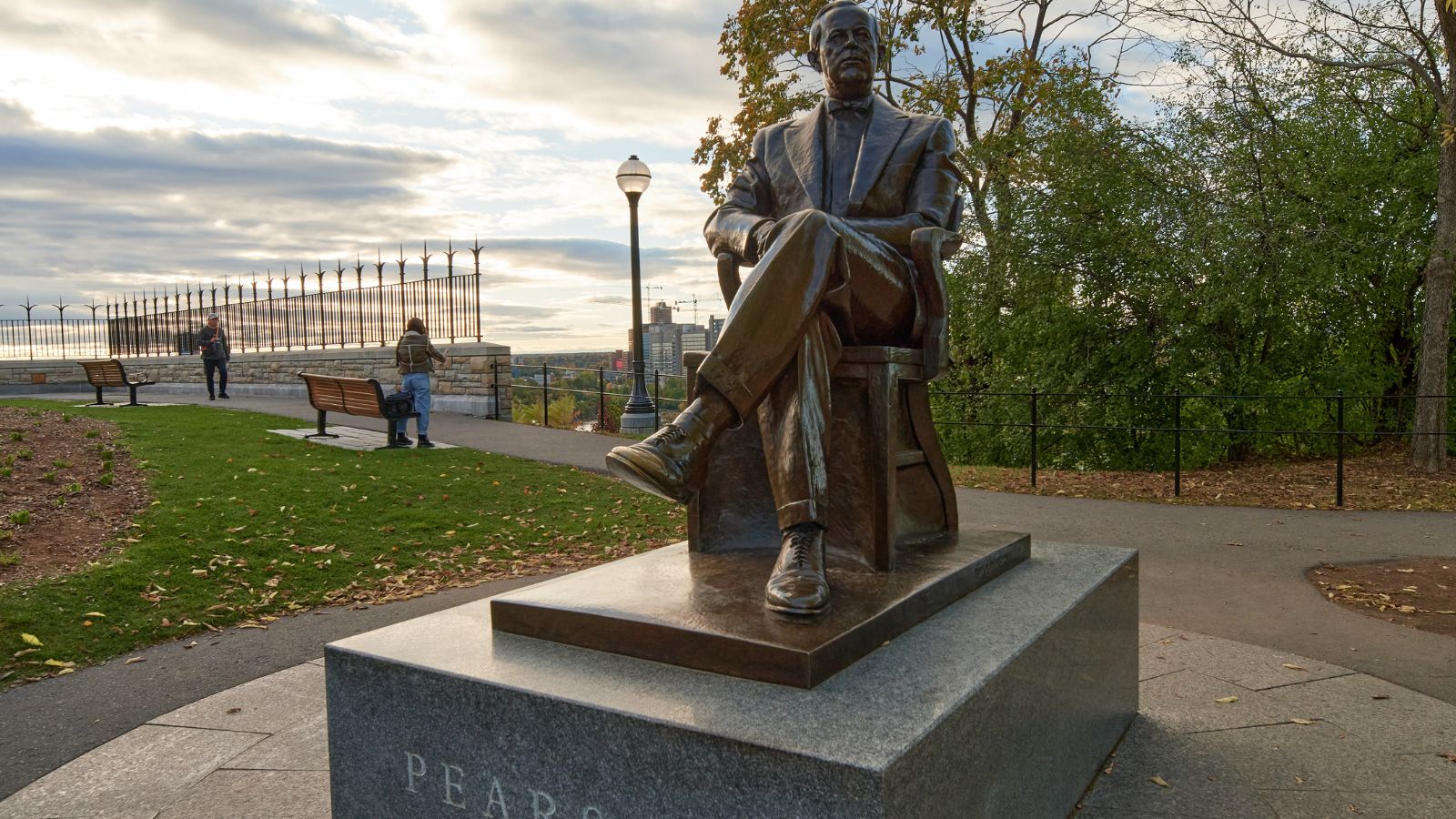
When Britain, France, and Israel invaded Egypt over the Suez Canal, global tensions surged. It was Canada’s Lester B. Pearson who proposed the first large-scale United Nations peacekeeping force to de-escalate the crisis, an idea that not only worked but earned him the Nobel Peace Prize. While superpowers traded threats, Pearson’s diplomatic finesse diffused a volatile standoff and set the stage for modern peacekeeping.
Quiet Channel to Cuba (1970s–2000s)
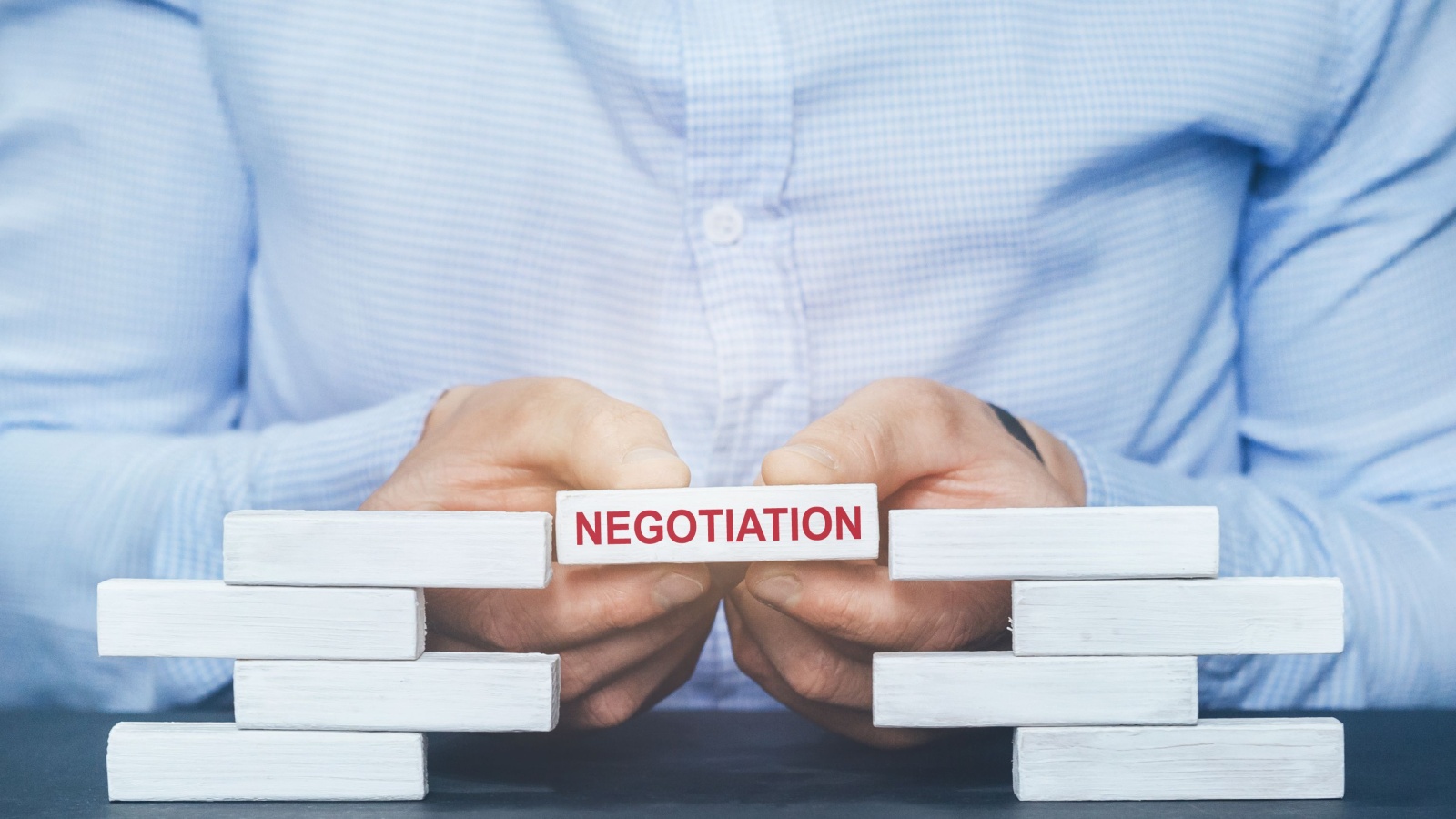
While the U.S. maintained a hardline embargo and severed ties with Cuba, Canada kept diplomatic relations intact. Canadian envoys quietly facilitated backchannel conversations between Cuba and Western governments for decades. From trade discussions to human rights talks, Canada offered neutral ground when others refused even to speak. In doing so, it helped temper tensions and encourage dialogue, often acting as a rare bridge between Havana and Washington. The U.S. remained isolated as Canada built trust and influence, where others only saw enemies.
Saving South Africa from Sanctions Gridlock (1980s)

As the anti-apartheid movement gained global momentum, Western powers remained deeply divided over economic sanctions on South Africa. Canada played a pivotal role in pushing for targeted sanctions, balancing moral leadership with pragmatic diplomacy. While the U.S. and U.K. hesitated, Canadian officials rallied Commonwealth nations and pressed for constructive pressure that respected human rights. Canada’s nuanced stance helped break the deadlock, isolating the apartheid regime without alienating key allies.
Mediating the Arctic Sovereignty Disputes
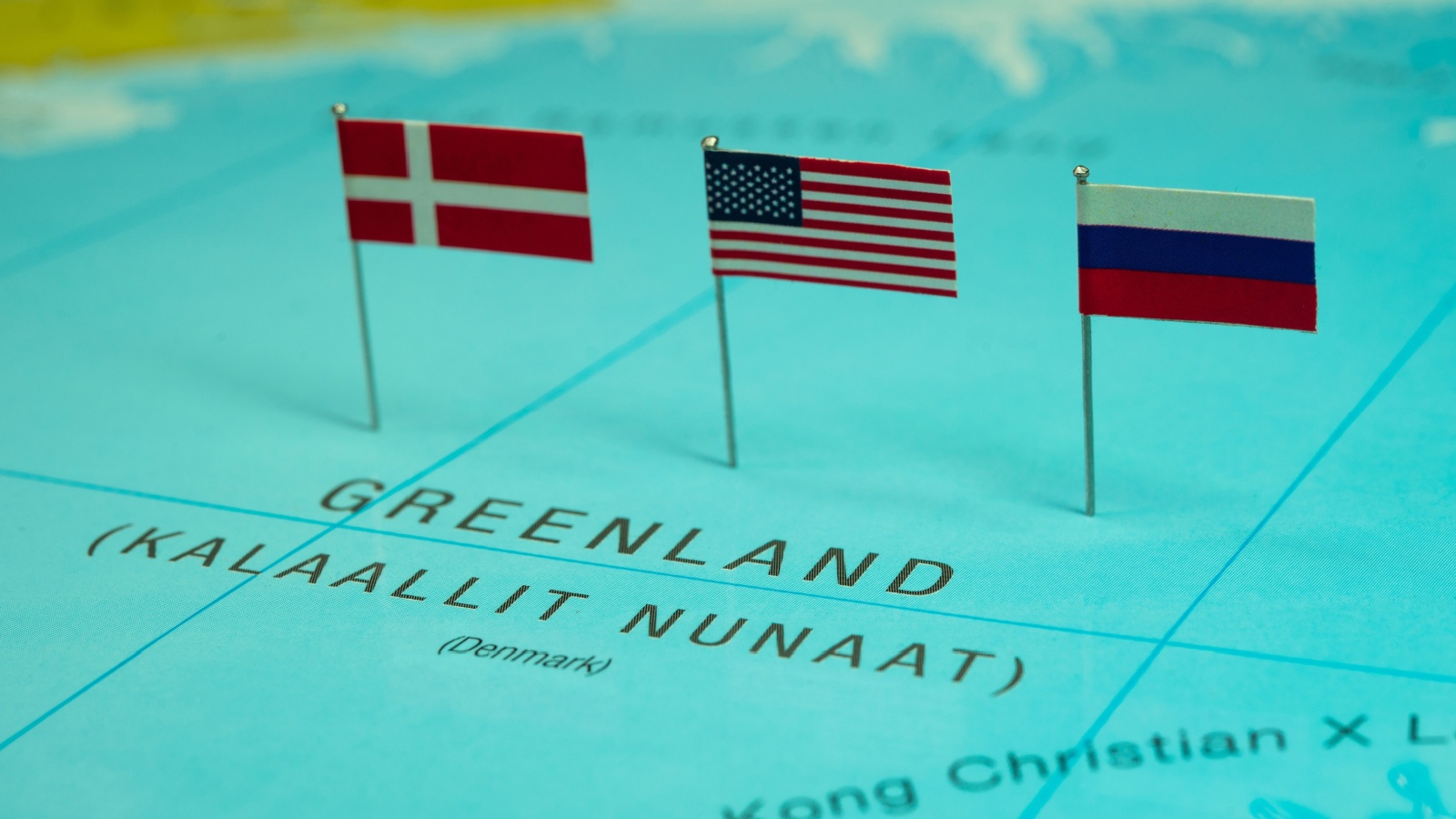
As climate change opened up shipping lanes and access to untapped Arctic resources, a geopolitical tug-of-war emerged between Russia, the U.S., Denmark, and others. Rather than flexing military muscle, Canada took the diplomatic lead by inviting stakeholders to the table through the Arctic Council and pushing for scientific cooperation over sabre-rattling. Its approach helped reduce regional friction and promote peaceful exploration. While others eyed dominance, Canada focused on stewardship and building quiet consensus in one of the world’s most contested frontiers.
Defusing the Iran Hostage Crisis Fallout (1980)
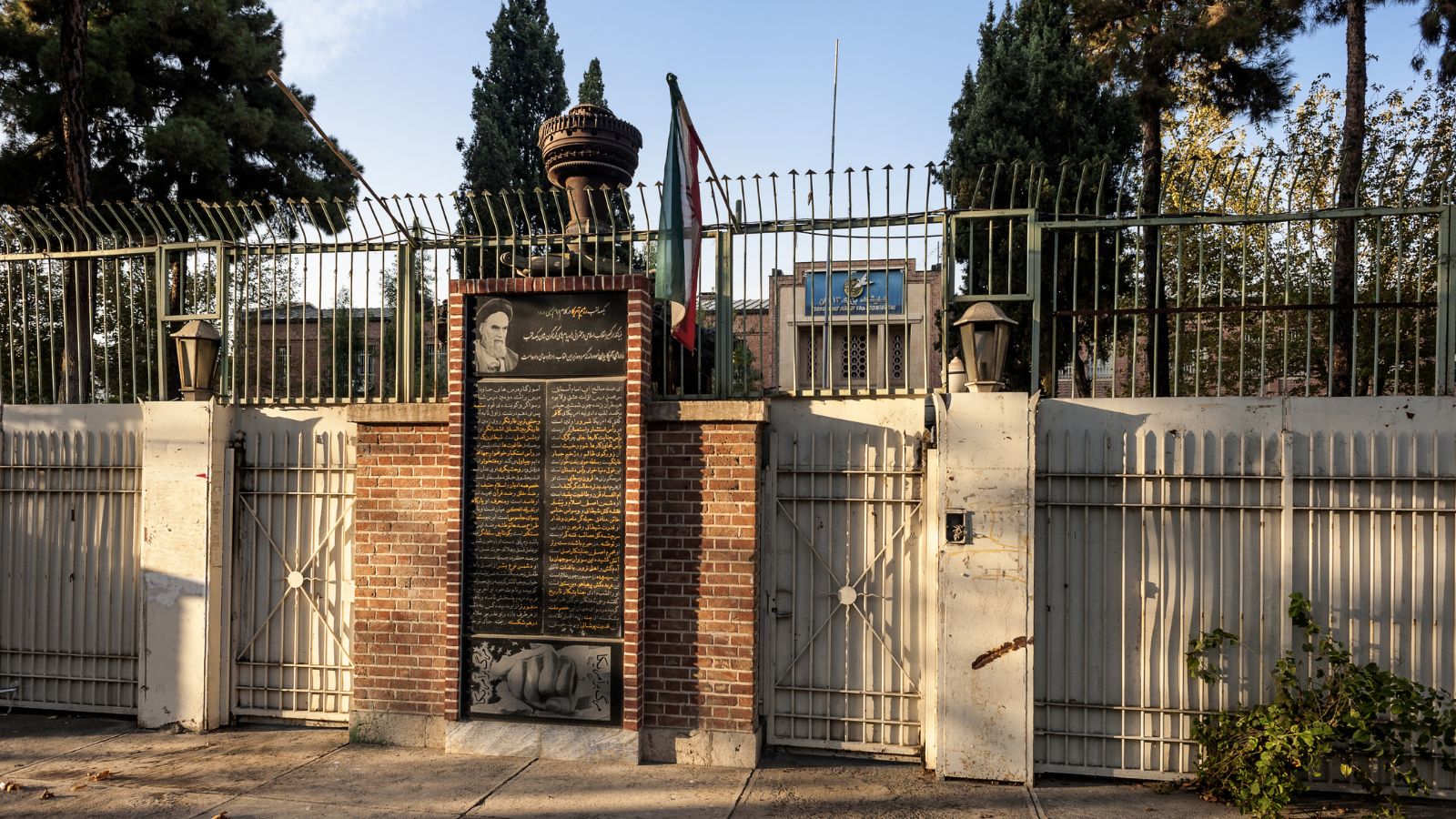
After Iranian militants stormed the U.S. Embassy in Tehran and took dozens of Americans hostage, six escaped and found sanctuary in the Canadian embassy. The covert rescue mission, known as the “Canadian Caper”, saw Canadian diplomats risk everything to get them out safely. While the U.S. eventually took credit, it was Canada’s brave, calculated diplomacy and cooperation with the CIA that made it possible.
Supporting Ukraine Without Escalation (2014–Present)

When Russia annexed Crimea and tensions surged between NATO and the Kremlin, Canada took a firm stand, but without fanning the flames. Canadian diplomats supported Ukraine’s sovereignty, imposed targeted sanctions, and provided aid and training, all while maintaining dialogue with key international partners. Unlike superpowers caught in grandstanding or proxy conflicts, Canada pushed practical solutions and coalition-building through institutions like the G7 and OSCE. Ottawa’s approach balanced firmness with restraint, proving that diplomatic grit doesn’t require global dominance.
Facilitating Landmine Ban Treaty (1997)
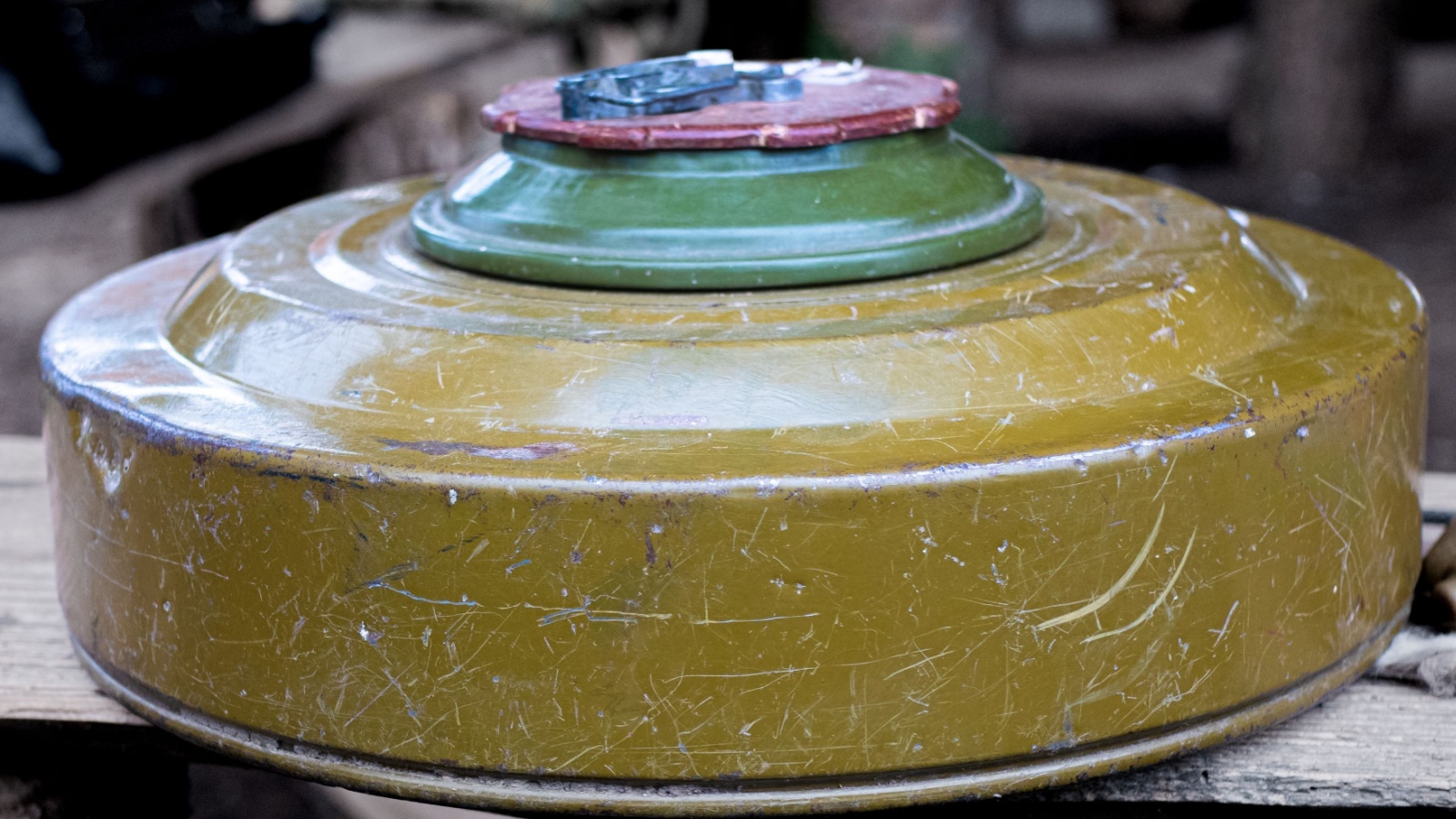
While military giants hesitated to give up landmines, citing strategic necessity, Canada led a global campaign to eliminate them. The Ottawa Treaty, banning the use and stockpiling of anti-personnel mines, was spearheaded by Canada and adopted by over 160 countries. Despite resistance from the U.S., China, and Russia, Canada rallied smaller and mid-sized nations, humanitarian groups, and civil society. The treaty remains one of the most successful disarmament efforts in modern history, and it was diplomacy driven by moral courage, not political expediency.
Avoiding the Iraq War (2003)
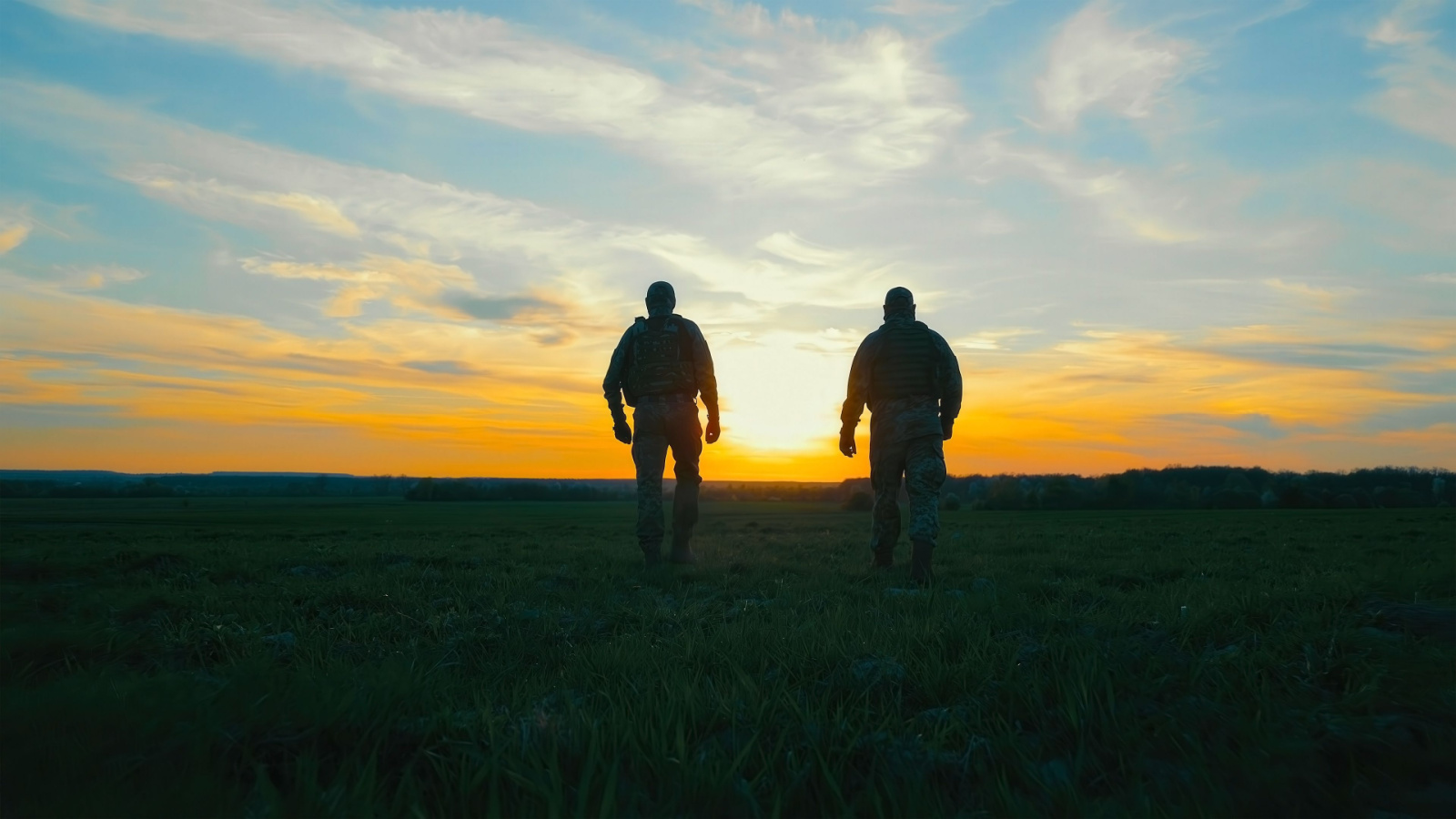
When the U.S. and U.K. launched the invasion of Iraq in 2003, Canada took a principled stand and said no. Despite intense pressure from its closest allies, Prime Minister Jean Chrétien and Canadian diplomats questioned the war’s legitimacy and insisted on UN approval. Canada’s refusal preserved its global credibility while other nations became mired in a prolonged and controversial conflict. Rather than follow blindly, Canada chose independent diplomacy rooted in international law, earning long-term respect even from critics of its decision.
Leading on Syrian Refugee Resettlement (2015–2016)

While other countries argued over quotas or closed their borders, Canada swiftly welcomed more than 25,000 Syrian refugees in just a few months, backed by strong diplomatic coordination and grassroots support. Canadian officials worked with international agencies to vet, process, and transport families fleeing conflict zones. The effort was applauded globally for its humanitarian leadership, and it set a benchmark for coordinated resettlement. Where others saw crisis, Canada saw opportunity to lead with compassion and diplomacy.
Navigating the Huawei Crisis with Integrity (2018–2023)
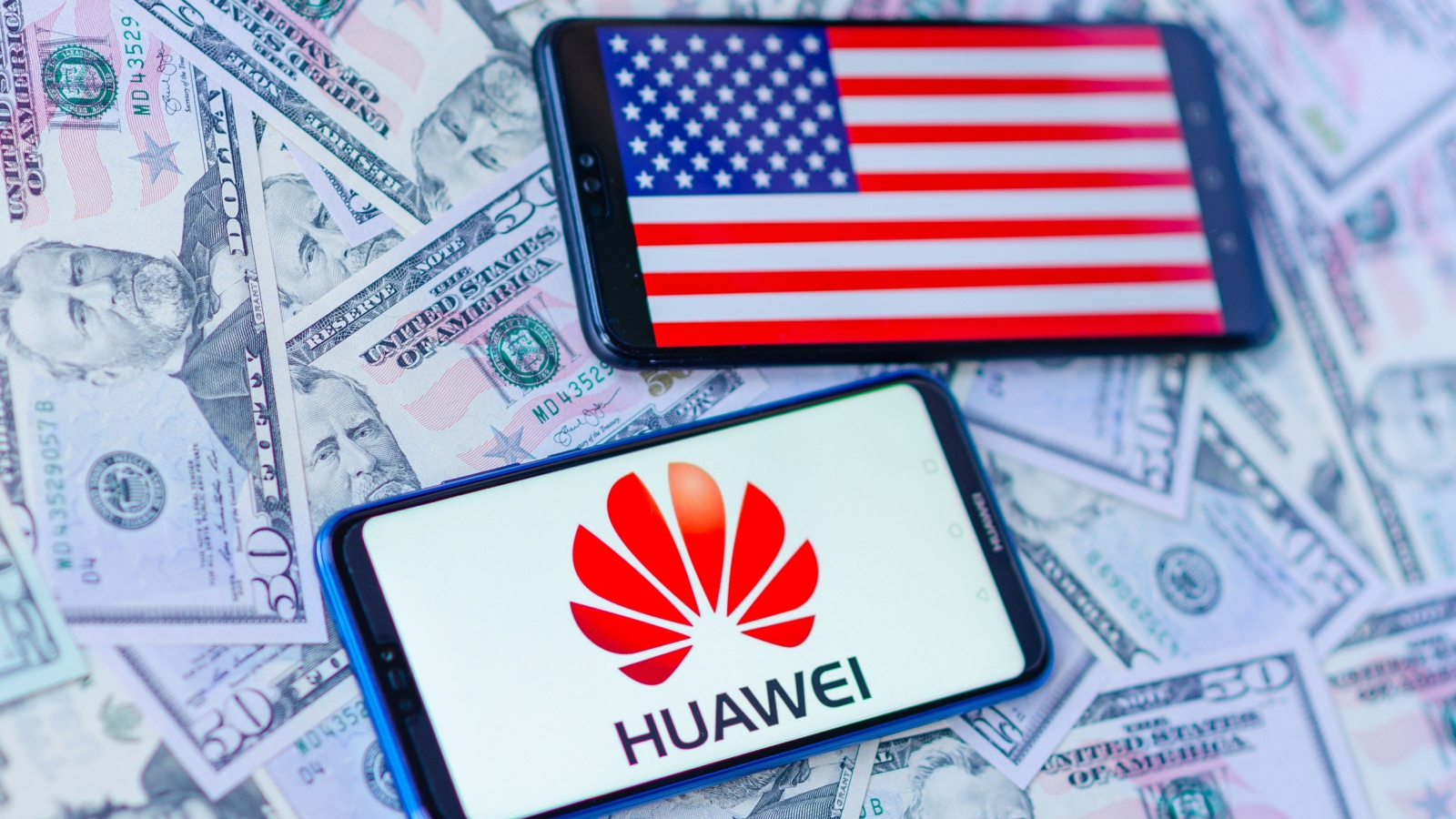
Caught in the middle of a geopolitical standoff between the U.S. and China, Canada found itself under intense pressure after arresting Huawei executive Meng Wanzhou. In retaliation, China detained two Canadians, dubbed the “Two Michaels”, but through steady, principled diplomacy, Canada worked behind the scenes with allies, refused to trade hostages, and maintained its legal independence. When all parties were eventually released, the world praised Canada’s restraint and perseverance as it demonstrated a masterclass in diplomacy under duress, without drama or capitulation.
Rebuilding Relations After the Rwanda Genocide (1990s–2000s)
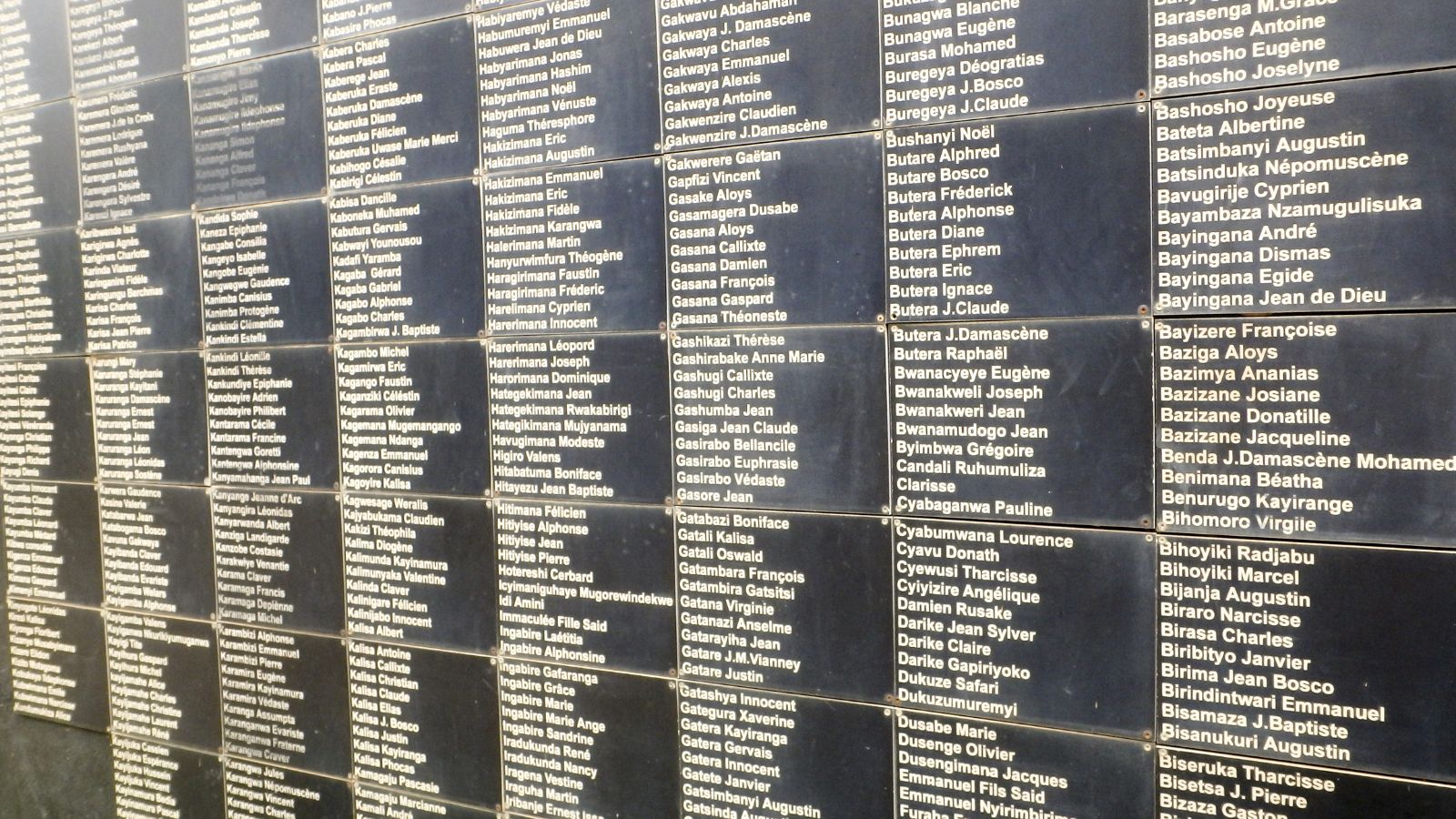
Following the 1994 genocide, Canada became one of the first Western countries to engage Rwanda with a forward-looking diplomatic strategy, offering aid, reconciliation support, and institutional rebuilding. While major powers remained cautious or absent, Canada invested in long-term partnership rather than short-term optics. Canadian diplomats helped Rwanda reintegrate into global institutions and advocated for justice through the International Criminal Tribunal. The country stayed to help rebuild, earning deep respect across Africa and the UN system.
Mediating Sudan’s Peace Process (2000s)
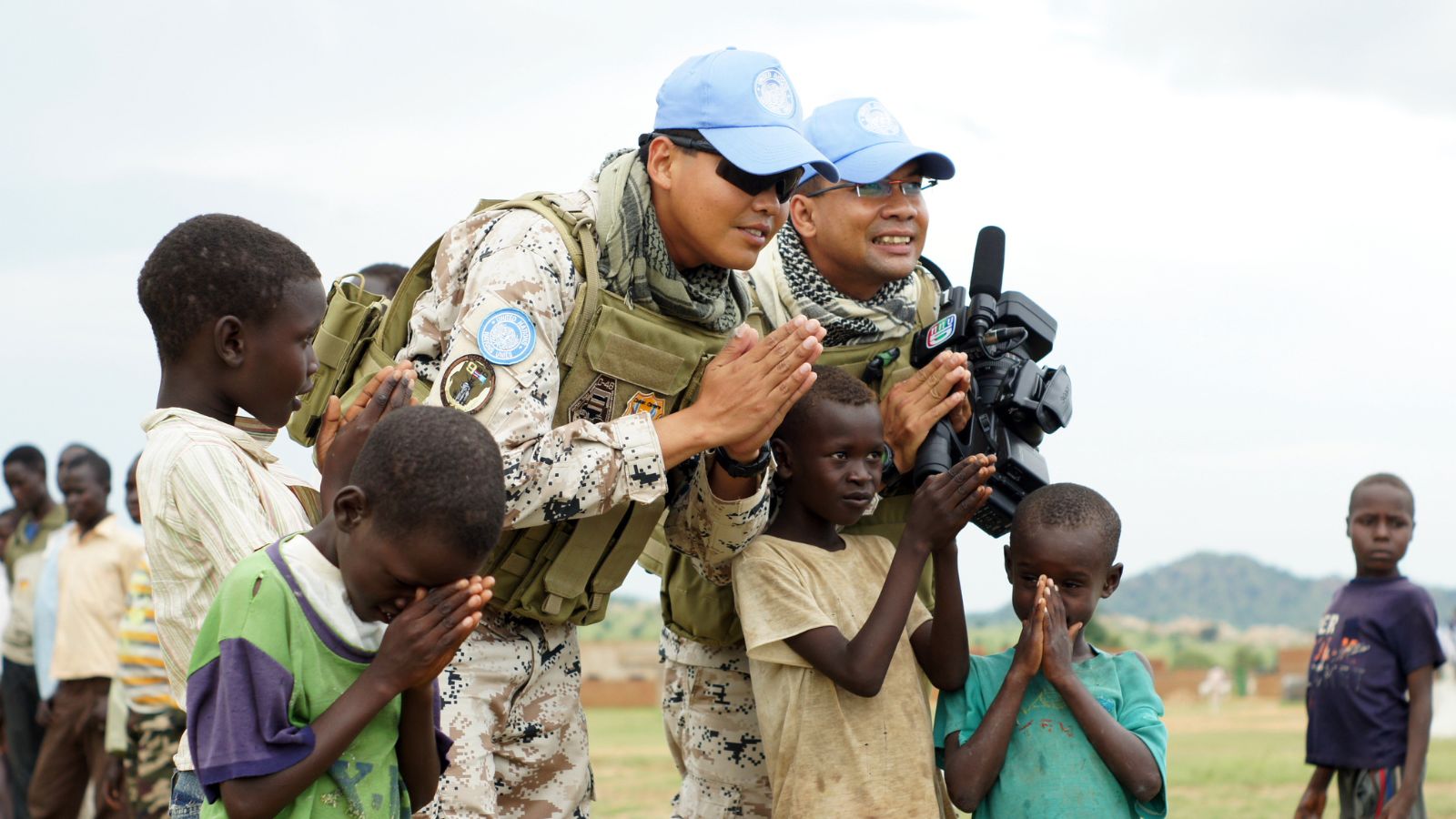
While the U.S. and China jostled for influence in Sudan through oil and arms, Canada quietly supported peace negotiations with tangible diplomacy. Canadian diplomats contributed to the 2005 Comprehensive Peace Agreement that ended Africa’s longest-running civil war. Canada’s involvement included funding, peacebuilding expertise, and policy coordination with the UN and African Union. Unlike superpowers playing chess with proxies, Canada’s diplomatic approach focused on stability, human rights, and long-term regional development, which resulted in credibility and gratitude in a region where trust is hard-earned.
Advancing LGBT Rights at the UN (2000s–Present)

Long before it was politically safe, Canada was using diplomatic channels to push for global LGBT rights. At the United Nations and in bilateral relationships, Canadian envoys consistently advocated for non-discrimination clauses, protections in refugee law, and funding for international LGBT organizations. While some larger countries wavered or stayed silent, Canada was among the first to recognize same-sex partnerships in foreign aid programs and visa applications. By embedding inclusion in diplomacy, the country demonstrated that moral leadership requires conviction.
Quietly Helping Normalize U.S.-Cuba Relations (2014)

When the U.S. and Cuba decided to restore diplomatic ties after over 50 years, Canada was the quiet third party that helped it happen. Canadian officials hosted and facilitated multiple rounds of secret talks in Ottawa and Toronto, acting as neutral ground away from the spotlight. By providing a trusted, discreet venue and calming influence, Canada helped two historical adversaries take the first steps toward normalization.
Contributing to the Iran Nuclear Deal (2015)

Though not at the main negotiating table, Canada played a key supporting role in shaping the global environment that made the Iran nuclear deal possible. Through consistent advocacy for non-proliferation, support for verification regimes, and constructive engagement with moderates in the region, Canadian diplomats helped bolster confidence in multilateral diplomacy. Canada’s science-based expertise and moral credibility added legitimacy to the process, especially for skeptical countries watching from the sidelines.
Pushing for Women in Peacekeeping Globally

Canada discussed gender equity and rewired international norms through its Elsie Initiative, aimed at boosting women’s participation in peacekeeping missions. Launched in 2017, the effort included training, funding, and institutional reform, and was endorsed by the UN. While other countries focused on troop numbers, Canada focused on who was sent and why. The initiative has influenced global policy and pushed militarized nations to rethink the composition of their missions.
Steering G7 Toward Climate Action (2018)
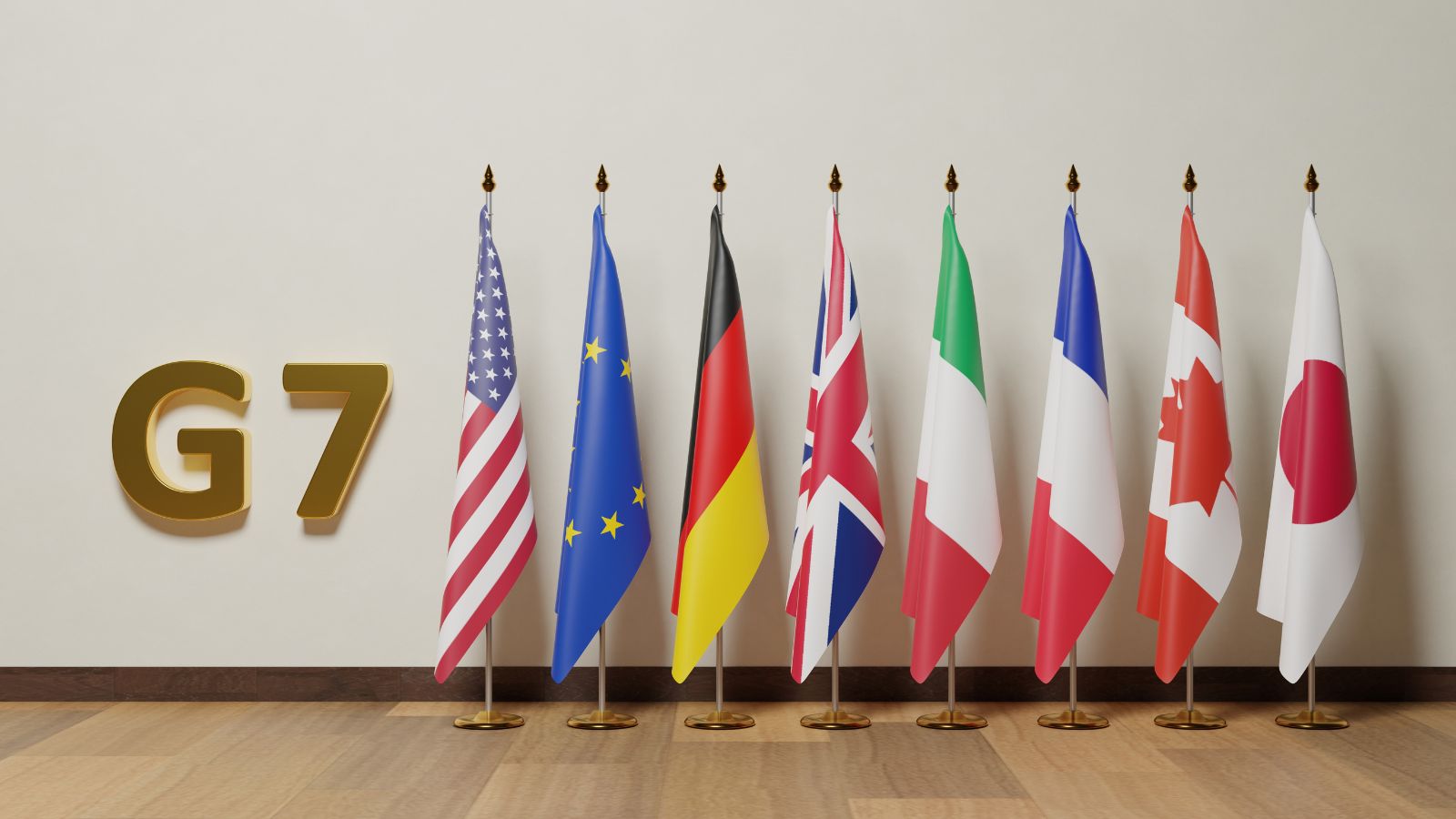
As host of the G7 Summit in Charlevoix, Quebec, Canada used its diplomatic leverage to prioritize climate change and ocean health, which are two issues often sidelined by economic heavyweights. Despite U.S. resistance, Canada led the push for the Ocean Plastics Charter and championed gender-inclusive climate financing. Its ability to rally European and Asian allies showed a deft touch in consensus-building, even when superpowers tried to derail the agenda.
Hosting the Lima Group for Venezuela (2017–Present)

While global powers clashed over who should lead Venezuela, Canada took a collaborative approach. In 2017, Canada helped establish the Lima Group, an alliance of mostly Latin American countries committed to finding a peaceful, diplomatic solution to Venezuela’s crisis. Rather than backing military threats like some nations, Canada emphasized democracy, humanitarian aid, and international consensus. The group has since become a key voice in the region, and once again, Canada showed that smart diplomacy means building coalitions.
Keeping Peace in Cyprus for Decades
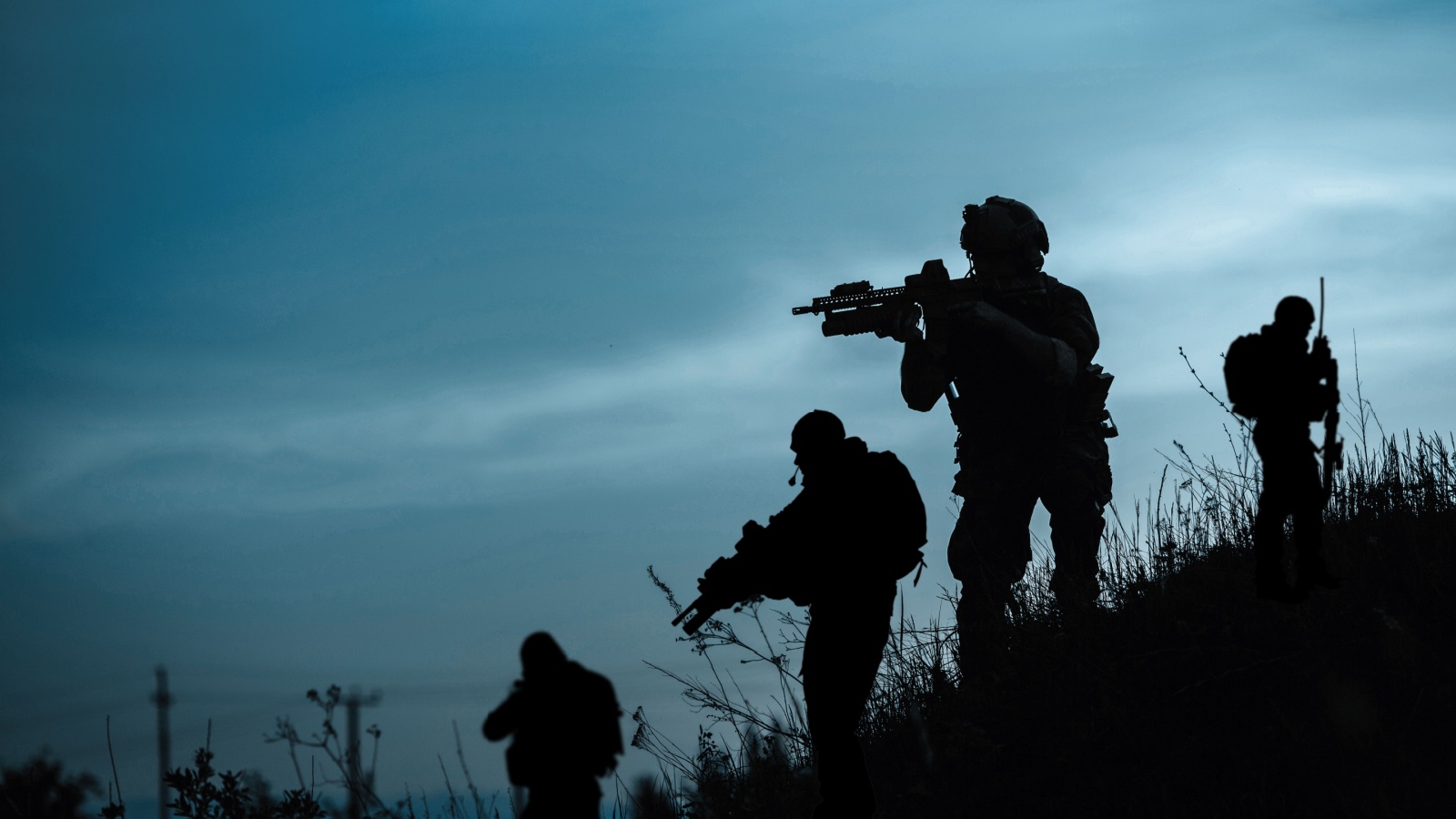
Since 1964, Canada has been one of the most consistent contributors to the UN peacekeeping force in Cyprus, a conflict many superpowers walked away from. Over the years, more than 25,000 Canadian peacekeepers have served on the island, helping prevent flare-ups between Greek and Turkish Cypriots. Canada didn’t seek headlines or leverage, and it delivered results. While larger countries used Cyprus as a strategic bargaining chip, Canada used it as a proving ground for quiet, sustained peacekeeping.
Helping End Apartheid Through Trade Pressure

While the U.S. and U.K. hesitated to isolate South Africa during apartheid fully, Canada took a bolder stance. Under Prime Minister Brian Mulroney, Canada implemented sanctions, boycotted sports exchanges, and rallied Commonwealth countries to apply international pressure. Canadian diplomats consistently advocated for Nelson Mandela’s release and were among the first to engage with the African National Congress. When apartheid finally crumbled, it wasn’t just brute force that made it happen, but it was decades of principled diplomacy, much of it led by countries like Canada.
De-Escalating the India-Pakistan Crisis (1999)
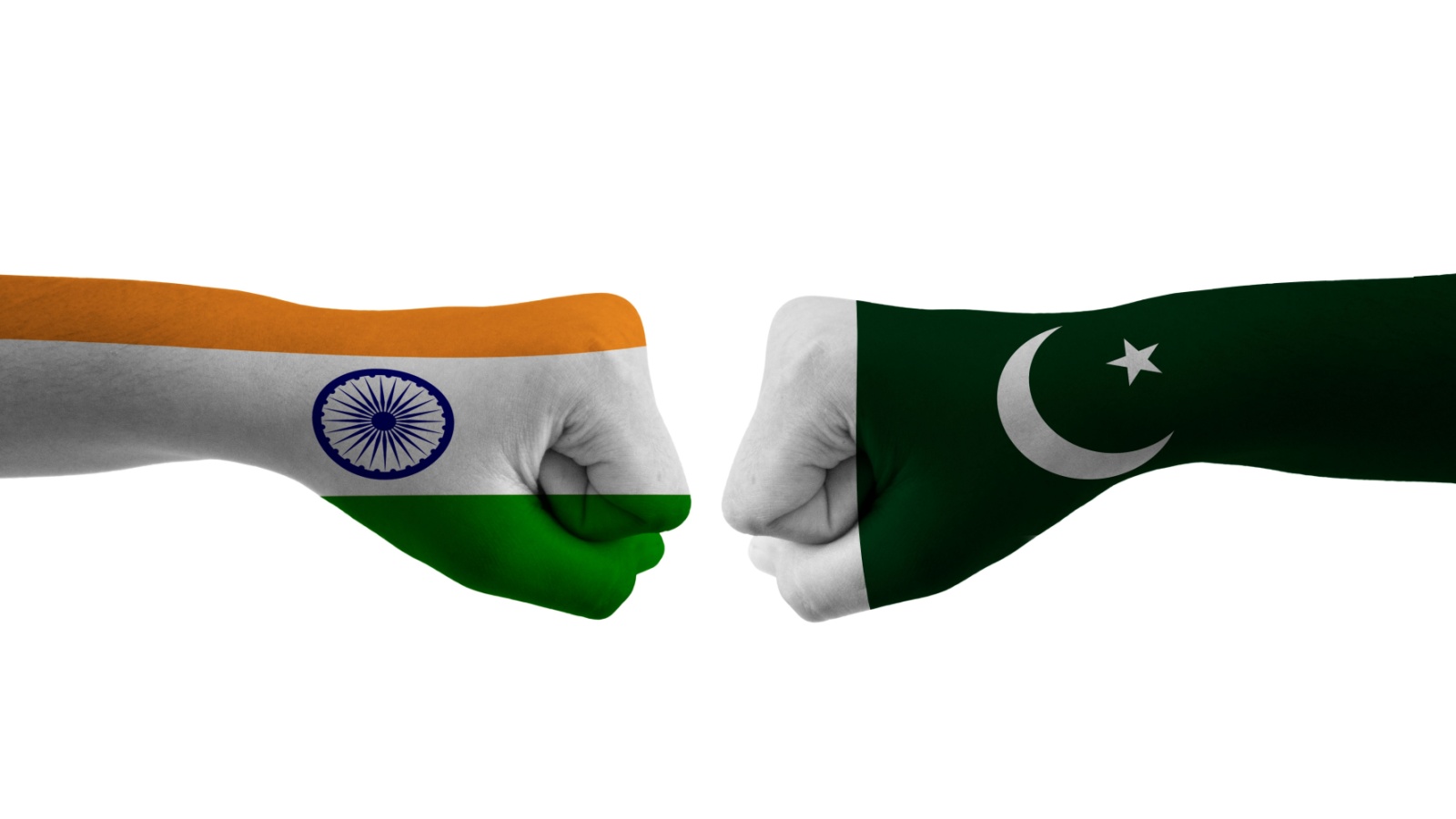
When tensions flared between nuclear-armed India and Pakistan during the Kargil War, most global powers kept their distance or took sides, but Canada stepped in quietly, using its diplomatic channels to urge restraint and backdoor talks. With strong relationships on both sides, Canadian officials helped calm rhetoric and promote dialogue, avoiding what could have been a catastrophic escalation. Unlike superpowers invested in arms sales or influence, Canada’s only interest was peace, making its presence welcome where others weren’t.
Spearheading Global Migration Talks at the UN (2018)
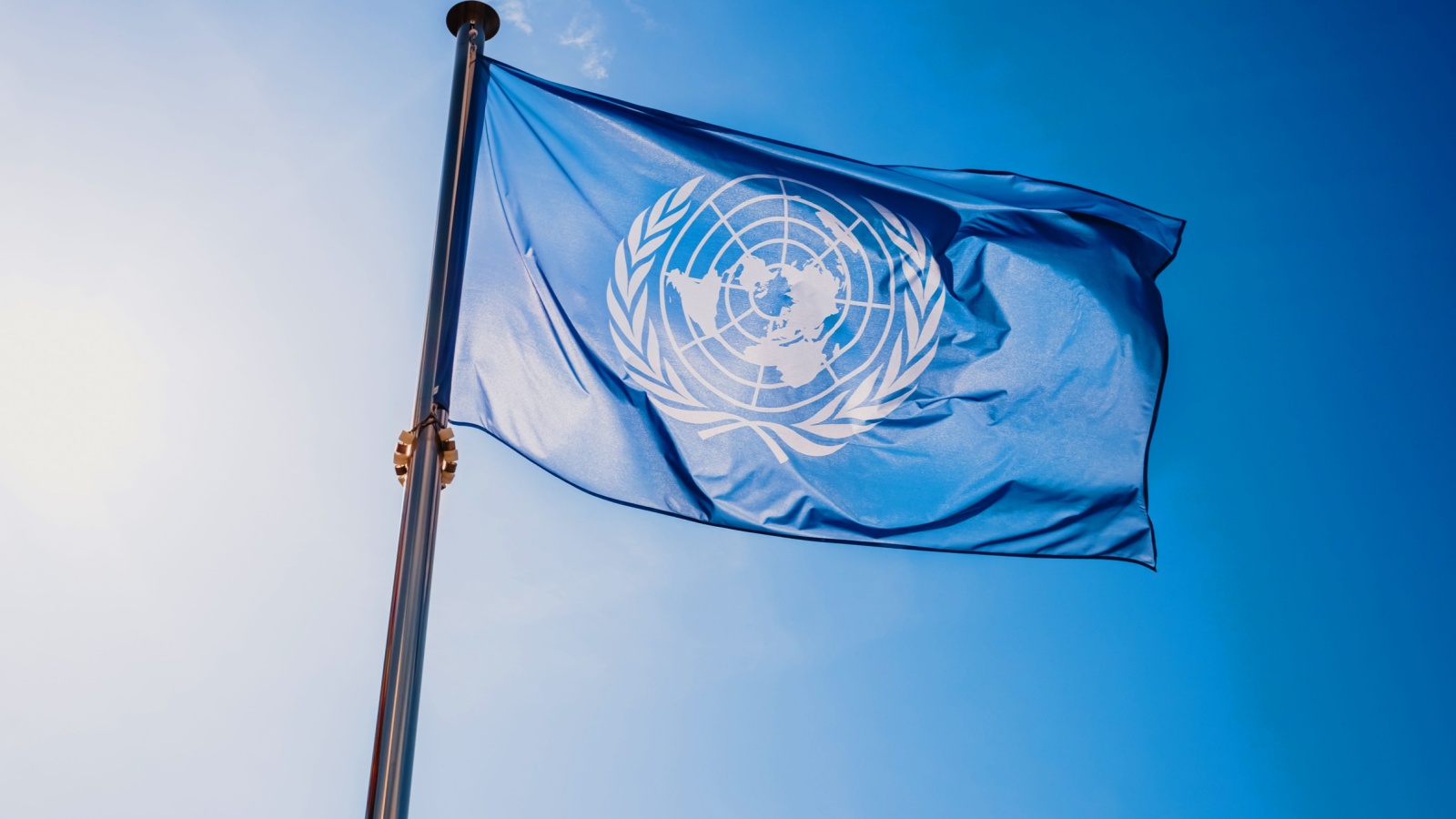
When the migration crisis reached a boiling point, Canada built consensus. As co-leader of the Global Compact for Safe, Orderly and Regular Migration, Canada pushed for coordinated international responses grounded in human rights. While some superpowers withdrew in protest, Canada stayed firm, believing that compassion and control aren’t mutually exclusive. It helped shape a UN framework adopted by more than 150 countries, which is further proof that principled diplomacy, not just power politics, can still shape the world’s future.
Standing Up to Saudi Arabia for Human Rights (2018)
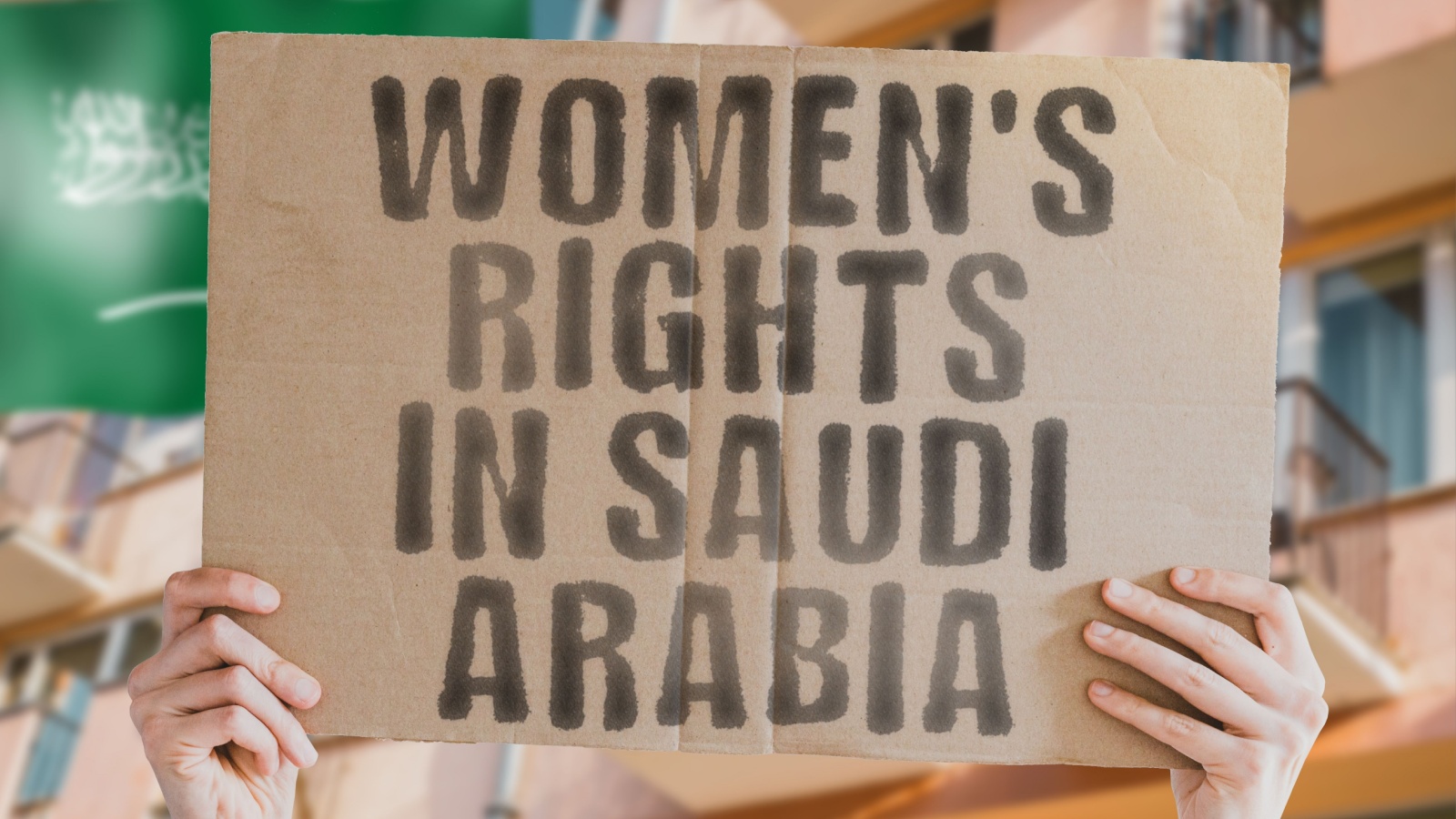
In 2018, Canada publicly criticized Saudi Arabia’s arrest of women’s rights activists and faced immediate diplomatic blowback, including trade freezes and ambassador expulsions. Most countries backed down or stayed silent, but. Canada stood firm in defense of free speech and human rights, even as powerful allies urged caution. The standoff became a global symbol of ethical diplomacy in the face of economic pressure. Although Canada paid a price, it proved that integrity in foreign affairs is still possible.
21 Products Canadians Should Stockpile Before Tariffs Hit

If trade tensions escalate between Canada and the U.S., everyday essentials can suddenly disappear or skyrocket in price. Products like pantry basics and tech must-haves that depend on are deeply tied to cross-border supply chains and are likely to face various kinds of disruptions
21 Products Canadians Should Stockpile Before Tariffs Hit
